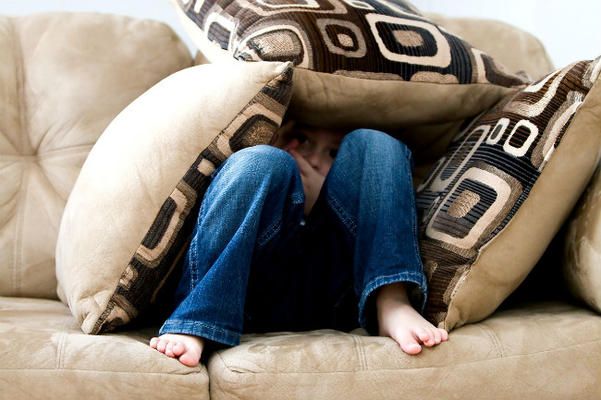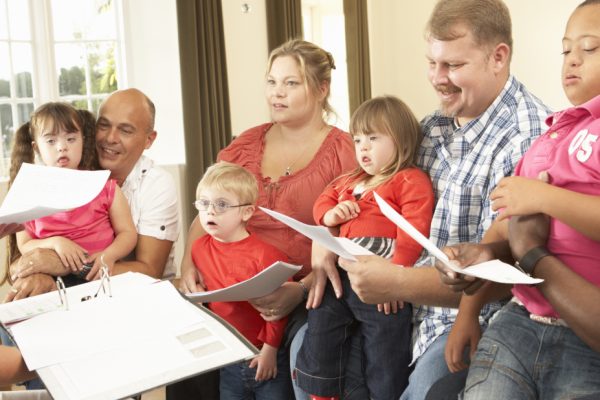
Empowering & supporting neurodiverse children: the importance of empathy
You know those hectic days of work where you barely held it all together only to come home and blow up at your other half over something completely insignificant?
Or those moments where you just feel off, a little down, a little angry and can’t quite work out why or what you need to get out of the rut?
You’ll certainly know the feeling of an unrivalled snappiness after the night spent tossing and turning, the over exhaustion where everything becomes an effort?!
You do? Great. Well, not great that you experienced the feelings or moments I’m referring to, but great that you’ll have a certain level of understanding and empathy, afforded by your own experience, for children as they move through these very feelings and moments.
Because children will and children do.
They will have days where they seemingly explode for no reason, days where no matter how much you try you just can’t seem to get them out of the dark mood they are in and they will certainly have moments where they can’t tell you what is wrong or why.
And, in each of those moments, they will need the same thing that you need when struggling, support. A listening and understanding ear, a little more patience from a loved one, some help with those things that need to be done; support goes a long way no matter how old the person in need is.
However, I’ll be the first to admit that a giant sized mini-human explosion can quite quickly knock off those rosy coloured glasses that help me see the child in need of support rather than discipline, especially if I’m having one of my off days also. It’s precisely those moments that I like to remind myself that if I, an adult with life experience and a fully developed frontal lobe can’t keep completely calm and act with intent and purpose in every interaction I undertake, then how could I possibly expect my child to?
Now, this is relevant to any and every child, the acknowledgment that children are not mini-adults and instead are still learning how to navigate big emotions while their brain continues to develop. However I think this is even more important when it comes to our neurodivergent children. Our autistic children, our children with ADHD, anxiety, learning challenges and more. Our children who are not only learning and developing as children do, our neurodivergent children who are living their days in a society largely suited to the typical. A fast paced society full of expectations and challenges. Schools with hundreds of children built to cater to the ‘norm’, bright shopping centres with shops cranking their music and battling for ear space, heavily social situations where one needs to keep up or then battles to catch up and the added expectations and demands of therapists and medical practitioners with their invasive questions and at times hands.
When we reflect on this aspect alone, the toll of simply managing day to day life for our neurodivergent children, we can begin to understand why they may be over tired, over stimulated or just over it all sometimes. We can begin to understand why down time is important. We can begin to understand that behaviour is communication.
We can see that the ‘bossy’ child is trying to use control and predictability to relieve anxiety.
We can see that the child ‘lashing out’ is in fight or flight mode, the body’s innate response to threat.
We can begin to respond with empathy and be open to supporting the child move through their big emotions.
When we listen to the behaviour, the communication of our children and respond with empathy we empower them to do similar. We show them they matter, no matter the challenge they are facing.
We teach them that their voice is important and that their limits are respected. We help them develop self agency and self respect.
Responding to challenging behaviour with empathy is not the same thing as giving in, turning a blind eye or approving certain behaviour. Children, are after all, still children and need guidance in understanding how their behaviour impacts both themselves and others however responding with empathy opens up a space for connection and learning without shame.
When we respond with empathy we are reminded that our children may be having trouble navigating their world, this leads us to also consider external triggers for the behaviour and guides us to seek practical solutions that work to support our children.
Recently, after I huffed and puffed over something not quite huff worthy, my daughter turned to me and spoke calmly “I see you are frustrated, let’s do it together”. Powerful.







